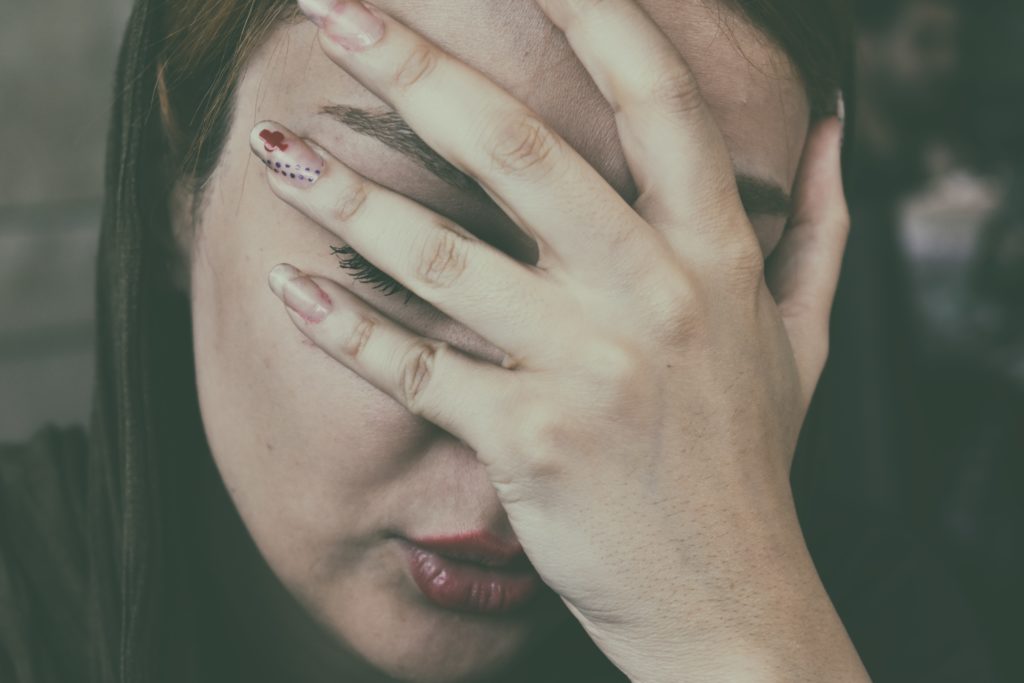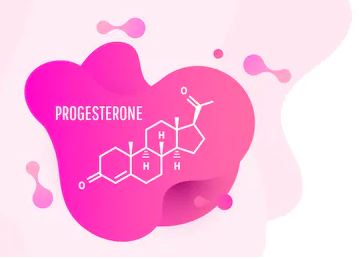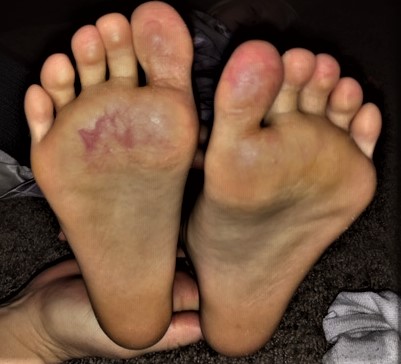
What is Eczema?
Eczema, also known as a milder form of atopic dermatitis, is a skin condition resulting from a foreign substance triggering your immune system which in turn causes your body to produce inflammation. Eczema can be found on most parts of the body and usually exhibits redness, a rash, itchiness and at times, mild pain. Currently there is no cure for eczema, but there are treatment options available to help relieve the symptoms and potentially prevent new outbreaks from occurring. Treatments include prescription strength topical medications and/or over the counter (OTC) self care topical creams or balms.
What can cause Eczema?
In general, the skin helps protect your body from foreign irritants and allergens. It also is there to help protect your body from bacteria and also helps in keeping your body hydrated by retaining water moisture. There are many factors that can potentially trigger eczema and cause a flare up which can result in the breakdown of the skin protective mechanisms. Such factors include food allergies, especially in younger children, which can cause flare ups of eczema. Other causes may result from genetic mutations and/or environmental factors such as the type of soap and/or detergents used. Other triggers may include:
- Bacteria infections
- Fluctuating hormone levels
- Stress
- Dry skin
- Seasonal allergens like pollen and dust
What are some symptoms of Eczema?
Eczema can be found all over the body however, it normally shows up on the legs, arms and face area. Symptoms include:
- Redness
- Rash
- Dry and/or flaking skin
- Small raised bumps
- Painful open sores
How to manage Eczema?
Managing eczema flare ups can be tricky but understanding and avoiding what your triggers are is important for self care. Here are some ideas to implement into your daily life to help control your outbreaks:
- Understand and pay close attention to what is causing your skin to flare up. Keep a journal with you and jot down anything that you notice that causes your eczema to act up. For example, if you suspect your laundry detergent is causing the flare up, change up your detergent and see if you notice a difference.
- Stay hydrated. Keeping your body hydrated is a great way to help your body retain the needed moisturization to help prevent dehydration.
- Find an eczema blog or get on the National Eczema Association website and take note on what is recommended or to see what other people who suffer from eczema are doing to help relieve their symptoms.
- Moisturize your skin daily. There are many creams/balms available without a prescription so do your research and find one that works best for you.
What are some treatment options for Eczema?
Eczema can be treated by a variety of options. Topical prescription corticosteroids is the go to treatment option when it comes to treating eczema. Topical steroids are relatively safe for the most part and have been proven to provide relief, however, they do come with a word of caution in that they can cause thinning of the skin if used for too long.
Another option is to take oral immunosuppressant medications such as prednisone. While this class of medication has proven to help treat eczema, these too have possible unwanted side effects (i.e. restlessness, agitation, difficult sleeping) that can make one be weary of taking it.
Other treatment options include OTC products or special compounded prescriptions from your local compounding pharmacy. Both options are valid and have shown to provide relief for patients with mild to moderate eczema.
One OTC product that has shown promising results is Eczema-Eze, an all natural based skin protection balm made by Express Compounding and best of all, Eczema-Eze is made without any harsh chemicals and is available without a prescription. Check out below the amazing before and after pictures.
Before
After
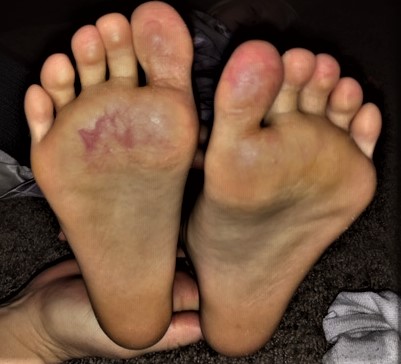

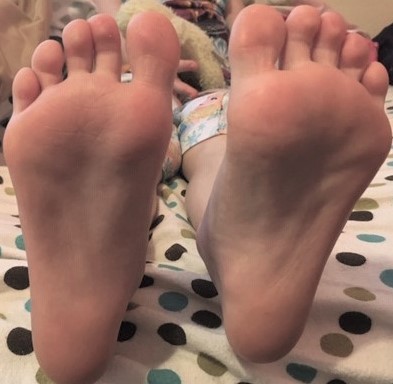
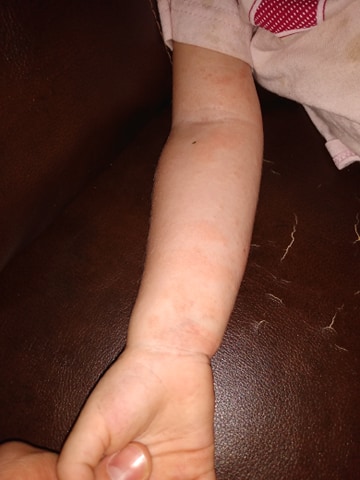
 John Watt, PharmD – Express Compounding
John Watt, PharmD – Express Compounding
Articles
- Atopic dermatitis – Mayo Clinic
- Atopic dermatitis – National Eczema Association

